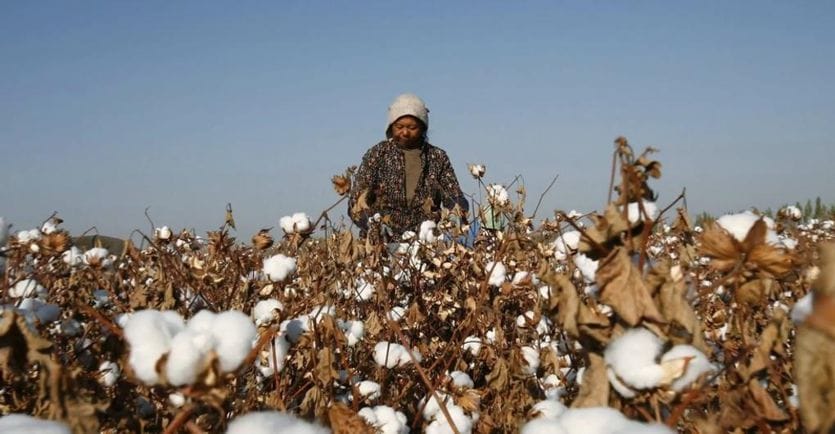It will not be easy to resolve the issue of relations between some Western fashion brands and the Chinese government. Equally complicated will be to put an end to the boycotts taking place in China against those same fashion brands by Chinese consumers. Because this is what happens: if the central government decides that a brand, a company (or, of course, another country) has committed a disrespect, a crime or even a crime against Beijing, the sentence was immediately accepted by the Chinese – or so it seems – and amplified by digital communication. In fashion until now we have witnessed false steps, rather than genuine intentional rudeness: Western brands still struggle to understand what can hurt cultural sensitivity or Chinese nationalism. The most famous precedent is that of November 2018, when the Dolce & Gabbana maison was forced to cancel a big event scheduled in Shanghai (it would have been the most impressive fashion show ever organized by Domenico Dolce and Stefano Gabbana) for a series of commercials on the web that were considered offensive. In that case, the first step was not taken by the central authorities, but a news site on the fashion system, Diet Prada , who, starting from a post on his Instagram account, worked as the creator of a snowball that became, in a few hours, an avalanche, given the speed of communication in the internet age. A legal battle is underway between Diet Prada and Dolce & Gabbana, because the rash comments appeared on Instagram caused very serious image and economic damage to the brand and to the two designers. To some, the whole affair seemed “artfully edited” or in any case the result of a disingenuous vision of the genesis of the offending commercials. But so be it.
An escalation wanted by the authorities
What’s happening today with brands like H&M (its roughly 400 stores in China have been closed), Nike, Adidas and Burberry is very different. At the origin of the boycott of online and offline purchases there are no small (big) communication or marketing errors, but a clear stance by the Swedish giant, in particular, on the question of Xinjiang, a territory of China which accounts for 30% of the country’s total cotton production and from which H&M no longer wants to import cotton. Located on the border with Mongolia, Russia and Kazahkstan, lo Xinjiang is five times the size of Italy but inhabited by only 22 million people, more than half of them of Uyghur ethnicity and Muslim religion. The region has been showing independence for over 50 years, but Beijing has always denied any openness on the issue.
Loading…
L’approfondimento della Cnn: H&M and Nike are facing a boycott in China over Xinjiang cotton statements
China’s Achilles heel is Xinjiang
First, because, just like Putin’s former USSR, it cannot allow individual territories to manifest wishes for greater independence. Second, because if China has an Achilles heel it is the scarcity of raw materials and Xinjiang has many. Rare earths, even some oil and large crops, starting with cotton. To extinguish any dissent, Beijing has been accused for years of violent repression of the Uyghur “minority”: we use quotation marks because that is on the total Chinese population (1.4 billion), but it certainly is not in the region. According to the latest reports of NGOs that have always been committed to defending the rights (perhaps it would be better to say survival) of the Uighurs, orOver a million people (but there are estimates that set the figure at three million) would be “interned” in labor camps and a part of these fields would be used for the cultivation of cotton (90% of the area destined for agricultural crops in Xinjiang is dedicated to cotton and in most cases small family-run farms are in charge of it). Hence the position taken by H&M, which actually dates back to September 2020, but which was strongly reiterated about ten days ago with the decision to no longer use cotton from Xinjiang.
The complaint dell’Onu
It is not only NGOs that accuse China: activists and human rights experts at the United Nations have accused the country on several occasions and with increasing evidence of using mass detention, torture, forced labor, sterilization and separation of children from their parents of Uyghurs in Xinjiang. China has always rejected accusations on internment camps, in which it is estimated that over 1 million people have been detained since 2017, stating that it is “Vocational education centers” to eradicate extremism and terrorism.
